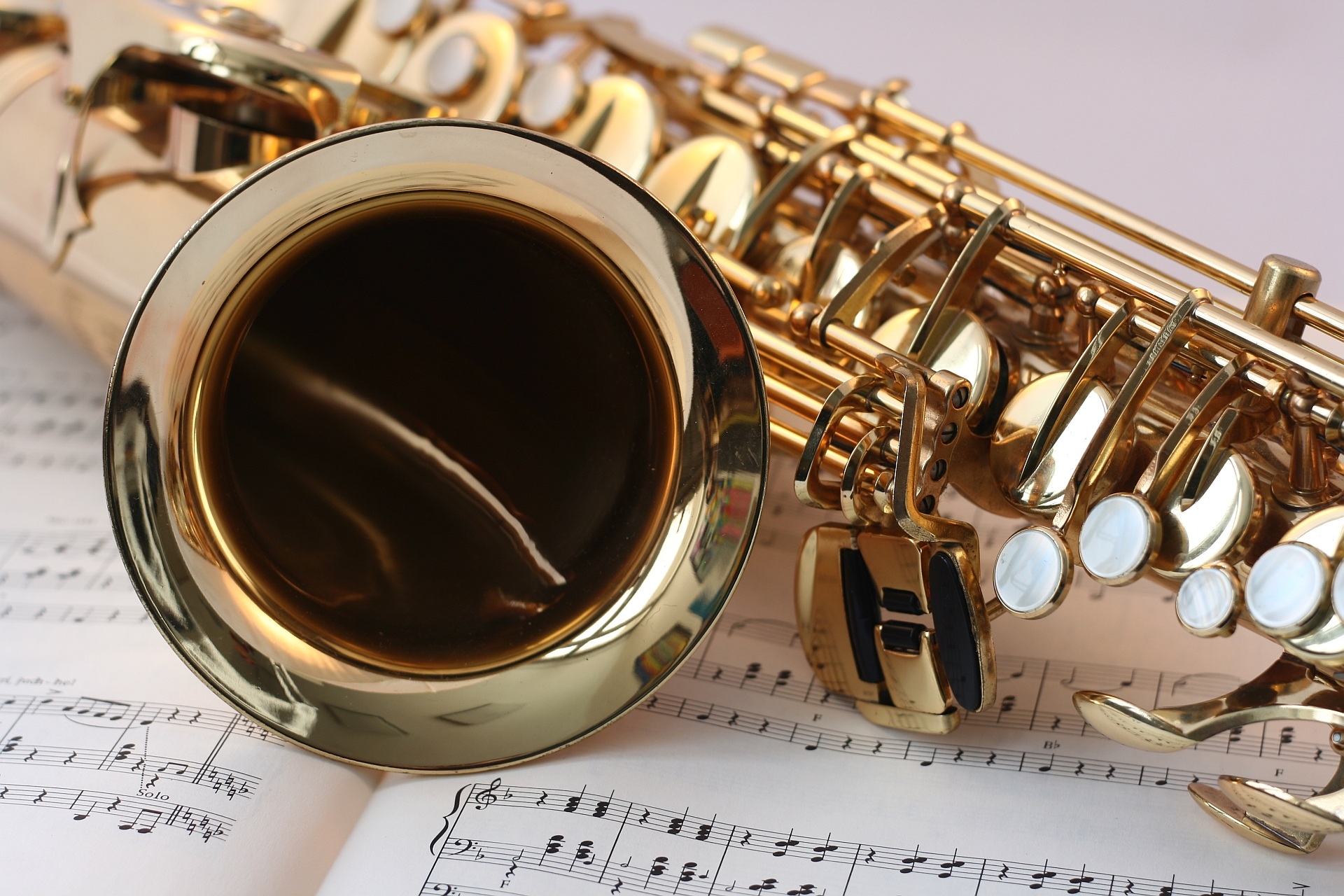
In the introduction to the Syrian/Sephardic Song Book Shir Oushvaha, R. Yaakov Kassin ZS'L cites from the writings of R. HaAri in order to explain the spiritual objective of music. He notes that songs are referred to as זמירות - Zemirot which literally denotes "pruning", as in the verse in Beresheet קחו מזמרת הארץ Take from that which is pruned from the ground.
From this he writes, that we can begin to understand that the objective of song is to prune and mitigate negative spiritual forces. This is similarly true of biblical musical instruments, with each specific instrument retaining a certain power when used properly. The initiated biblical musician would thereby be able to prune or mitigate all relevant negative forces associated with a particular instrument.
MIRIAM LEADS THE WOMEN WHO MAKE USE OF DRUM AND TAMBOURINE
At the conclusion of Hashem's war (15:3) (Hashem is a master of war) ה׳ איש מלחמה - against the Egyptian Army at the sea, Moshe and Israel burst into song. This was followed in turn by his sister Miryam who lead the women by taking the תף - drum and מחלות - tambourine - apparently the two instruments needed at the conclusion of the war at the sea. One Midrash (Mekhilta) points out that it is here for the first time we hear that Miryam is called a prophetess. Another source (Ohr HaAflah) adds that each of the women who participated in playing the instruments with her were on an equally elevated spiritual plane.
Two Negative Female Forces
The Zohar describes two negative female forces, known as the two זנות - harlots who are active in enticing Jews to err. The first is לילית who attaches to those in despair ( See meditations of word אנחה - in the berakha of Hashiva in the amida). The second is מחלה who attaches herself to the scoffers who exhibit a tendency towards unbridled bodily pleasures - dancing.
Conclusion of War Between the Males, The Female Forces are Aroused
The Shelah sighting the Torah portion of כי תצא makes the assertion that subsequent to victory in war we must be proactive in mitigating the female negative forces. He finds a hint to this from the law found at the head of the parasha allowing soldiers returning from a voluntary war to take a female captive and rehabilitate her. Juxtaposed to this law is the one of the two wives which the Torah describes as אהובה and שנואה - which the Shelah writes is a veiled reference to the two harlots.
The loved one is a reference to מחלה who is associated with the pursuit of physical pleasure. The hated one is a reference to לילית who is associated with sadness and despair. Their position here following the laws related to war is a hint as to when these זונות are aroused and need to be dealt with. Namely, subsequent to a victory of the Jewish soldiers over their male counterparts the female forces need to be reckoned with.
Negating these Female Forces Via the Musical Instruments
The spiritual activities of the male versus male aspect of the war at the sea came to a close; this being the war among men. The Torah makes this point when it writes that YHVH is specifically a "man" of war ה איש מלחמה and not associated with the defeat here of the female. This battle against the female forces were reserved for the female prophets of Israel who according to the Midrash had prepared their tools in anticipation of a male victory at the sea.
The Shelah explains that when Miryam and her companions took the drum or תף - having the numerical value of 480 it was to neutralize לילית with the parallel numerical value. The taking of the מחלת which we have translated for now as tambourine is to neutralize the other female force known as מחלה. It was most appropriate that only now did the Torah grant her the title prophetess as she and her colleagues were to take up the challenge and represent the holy female forces in their quest to mitigate the negative female forces.
Care Must be Taken That the Instruments are to be Used Exclusively for Holy Endeavors
As the sin of the Golden calf was taking place at the foot of Har Sinai, Moshe during his descent catches a comment of Yehoshua. (32:17) I hear the tambourine מחלה being played - I hear the sounds of a battle against the negative forces. Moshe responds that while it is true that the מחלה is being played; it is not being used for it's intended purpose to mitigate the forces of מחלה. It is serving no constructive purpose. Hence when he came down and approached the camp the Torah tells us that he saw the calf and the מחלות, and thereafter displayed anger towards the participants.
The Custom in Israel to Have the Women Use These Instruments at the Conclusion of Battle
Admittedly it might appear somewhat far fetched to agree with our proposal that at the conclusion of the battles fought against the men, the valiant females of Israel were to take up arms against the female spiritual forces. However, we have found that this was indeed so. It was apparently a custom of Israel that when the men returned from battle the women would take upon themselves to battle the females with תף and מחול.
In Shoftim after Hashem delivered Ammon into the hands of Yiftah, we are told (11:34), Yiftah arrived at Mispa - to his home - and behold his daughter came out to greet him with תף and מחול. Again in Shemuel I 18:6-7 when King David returned from slaying Golyat, "The women from all the towns of Israel came out with מחולות and תפות. In Tehillim 68 the psalm dedicated to our past and future triumphs over our enemies we are told "First went singers, musicians in the midst of drum playing maidens".
Prayers - Include Protection from these Forces Until Hashem Returns the Instruments to the Holy Women of Israel
The last chapter of Tehillim (150) is included in our daily Shaharit liturgy as the final Psalm of Pesuke DeZimra (literally the verses of pruning). This class of prayers are comprised of various hymns that literally prune and cut a path through negative forces that abound impeding our prayers. It is befitting that we conclude the Psalm with a request that we merit to praise Hashem with the two spiritual instruments of war - the drum and tambourine. הללוהו בתף ומחול This we pray will clear a path for all of our prayers to ascend and be accepted above.








